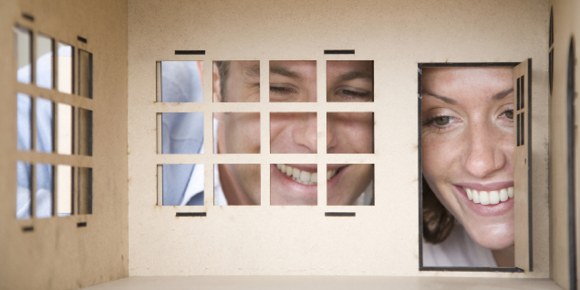
Failure to Start
The starter home has long been the first step into real estate for many homeowners. It’s typically smaller, cheaper and in need of a few minor repairs, and now many buyers feel it may not be worth their time.
Buyers are increasingly favoring the idea of the forever home over the starter home, according to Bank of America’s Home Buyer Insights report. Seventy-five percent of first-timers want a home that will fit their needs in a few years, and nearly 70 percent are willing to wait to save more money and move into a nicer home in the future rather than buy a starter home now.
About half of these potential buyers are willing to sacrifice many things to buy a new home, including nice clothes, a new car, travel and their social life, but are less willing to sacrifice the details of the actual home. Only 36 percent say they are willing to sacrifice features in their dream home, and even fewer17 percentwill sacrifice their desired location.
Buyers waning preference for the starter home coincides with its scarcity on the market. In a survey looking at the 100 largest U.S. markets, Trulia found that the stock of starter homes available is dwindling: 95 of these markets had fewer affordable starter homes available now compared with 2012. This year, about 238,000 homes, or 28 percent of the total available inventory, were considered starter homes, down from 425,000, or 30 percent, of all available homes in 2012.
Between the limited inventory and rising prices, it may be that starter homes are no longer at starter home prices, and buyers are skeptical of paying too much for a home they will quickly outgrow.
For buyers who have the money, buying homes they can stay in longer may be worth the extra money they’ll have to pony up to get there.
Source: Trulia







